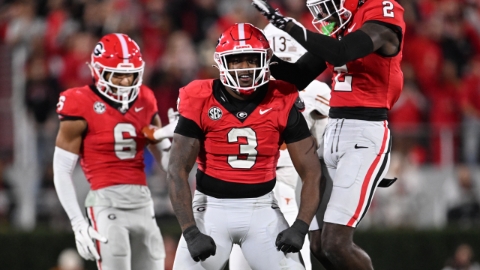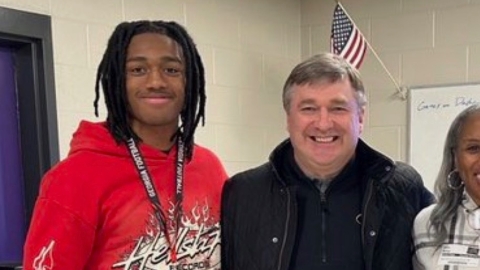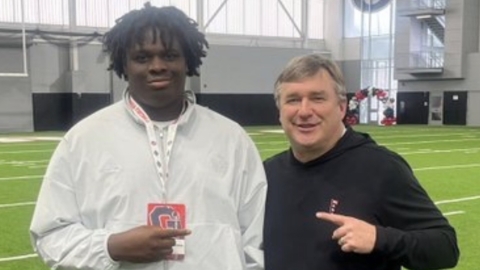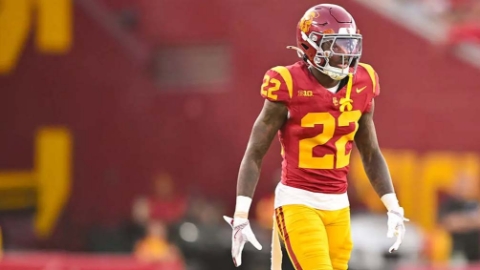The Cold Knock at the Door
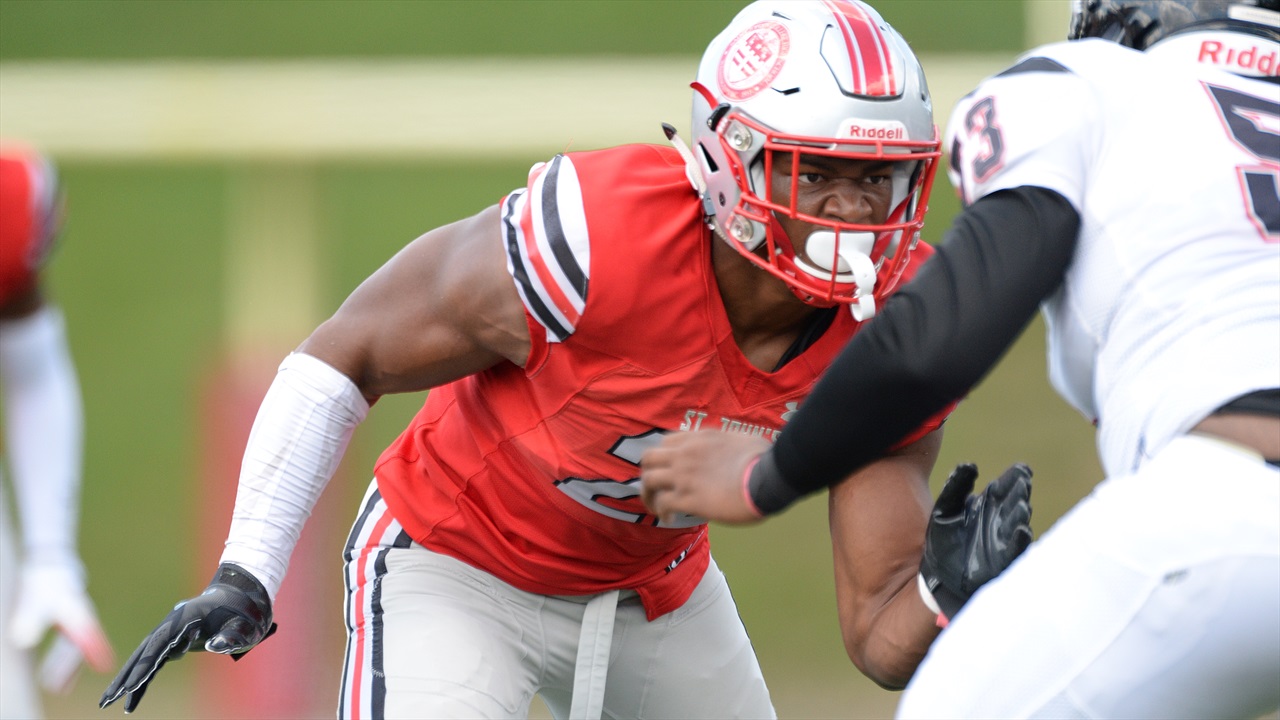
WASHINGTON, DC - The soldiers had knocked on the door one too many times. It had finally reached the point that escape from Liberia was the only hope for Sussie Sharpe.
She wasn’t willing to lose another child - this time to civil war. Getting out alive was not a certainty, but Sharpe leaned on her toughness and faith to escape the violence that was engulfing her community.
“She has told me stories about how God would help her through things,” Mekhail Sherman said of his mother’s journey to America. “Life is not fair. You have to appreciate God's work when life is not fair. When life is good and easy-going some people forget to pray.”
Nothing was easy for Sharpe, who was living through the start of the First Liberian Civil War.
“We started hearing rumors that the government wasn’t doing well,” Sharpe said. “We heard in the air that there was a demonstration that morning, and I got caught up in it. How I got home? It was a miracle of God.”
That wasn’t the last time Sharpe’s faith would be rewarded. Sharpe’s 18-month old daughter, Raisa, was her main concern. It was Christmas Eve in 1989, and Liberia, situated on the curve of the coast in West Africa, was falling into chaos. Multiple coup d’états dotted the 1980s in Liberia. Instability took over once and for all in late 1989 as the seven-year war left more than 200,000 dead.
Murder. Rape. Starvation. The worst of mankind was spilling into the country, and in more ways than one, Sharpe was a target.
“I couldn’t speak the local language. Moreover, my skin color… I was too light,” she said. “They never consider people like me a pure Liberian. We are referred to as ‘Americo Liberians’. That was held against me, and other families.”
The sound of bullets was common, but the knock at the door was often worse.
“The soldiers came into my home,” she said of that time. “Raisa was just a year and a half. I had already lost a daughter to starvation.”
Often soldiers coming into your home meant them taking all of your food and medicine - sometimes even your life. Staying alive was a matter of grace and grit. After fighting broke out, Sharpe’s family was splintered with few places to seek shelter.
“I looked for a place to stay for Raisa and myself, but it was difficult,” she remembered. “From that day moving forward nothing was stable in Liberia any more. 1990 came, and it got worse. My mother was caught up on one end of town. My father was on the other at the American Embassy. We were just in a shelter.”
Getting out of Liberia, and avoiding the brutalities of war, was paramount. Stories of soldiers cutting pregnant women open to settle a bet on the sex of the child were coupled with other descriptions of grizzly murders and rape.
Finding food was a struggle. Living was a struggle. Nothing was guaranteed.
“We suffered the most,” she said. “The soldiers raped our children. They killed our children. Killed our parents - sometimes in front of us. My mother died from starvation. She didn’t have food. Why didn’t she have food? The soldiers took it. She had nowhere to go. She had no medication.”
Sharpe did her best to escape, but it would not be without peril.
Raisa’s father had done some legal work for a friend of Sharpe’s in town. “It was a gift,” Sharpe said. The friend allowed Sharpe and little Raisa to move in with that family “until the ship comes in, and we all can leave to freedom.”
“As God would have it the ship came in, but because Raisa and me weren’t ‘blood relatives’. We were not ‘family’, so we stayed behind. An hour later another friend came, and said ‘come on, let’s go.’”
Sharpe was frightened.
“How can I leave? I am going to get killed,” she said to the samaritan. “I can’t speak the local (language). I don’t have money. I don’t have food.”
“I will help you,” he responded.
Sharpe and her baby girl were able to cross the bridge to get to Monrovia, where the ship was.
“Initially the ship captain said that we were going into Nigeria. And I didn’t know anyone in Nigeria. I was just like: ‘Lord, I am floating. Wherever it goes I will be.’”
After everyone was onboard the captain of the ship decided that he would take the ship to Ghana instead.
“My prayers had been answered,” she said of the reversal in destination. “Raisa’s father was in America on legal business. And I knew I had a way out. Once I got to Ghana I knew that I could get to a telephone, and I could call somebody. Once we got to Ghana I was helped by the ship captain. He gave me a little money to go get a hotel and food to feed Raisa and me until I could get help from my immediate family.”
Soon thereafter, Sharpe was in America. But the trials of that time in her life are still fresh in her mind.
“I was thinking a lot about life. It was very unfair. To us Liberians, who didn’t have the means, and who were innocent of what was going on, it was very unfair. What happened in Liberia when we were just innocent civilians-it was unjust. We really didn’t understand what was going on,” she said. “People need to appreciate where others come from. If you don’t know the story of a person at least appreciate that person. Everyone has a little aching spot in their heart and mind. Maybe you can erase that from your mind, but you can’t erase it from your heart. It is always there. It makes memories.”
"God is good right? That's really all I can say," Sherman, who will enroll at UGA next summer, added. "My mother has been through a lot. She's a God-fearing person. I got that from my mother. She imprinted it on me. She taught me how to pray. She taught my sister how to pray. She even taught my brother-in-law how to pray.”
https://www.youtube.com/watch?v=xY6JJLSKS6k&t=2s
